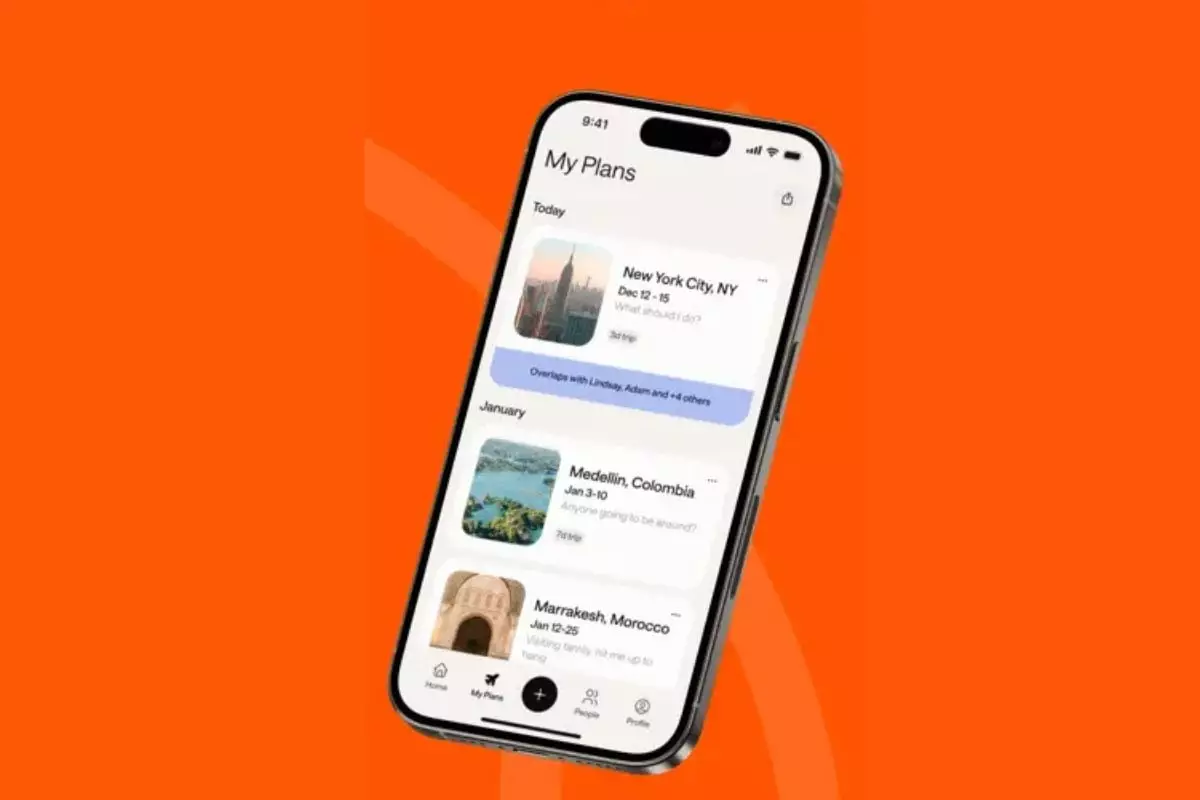With the advent of numerous social media platforms, the way people connect has undergone a significant transformation. Mozi, a relatively new entrant into the social networking space, seeks to redefine these connections by stripping away the traditional trappings of social media. Unlike conventional platforms that prioritize content sharing and influencer culture, Mozi focuses on real-life interactions and genuine relationships. This fundamental shift offers a fresh perspective on how technology can facilitate social bonding, putting emphasis on meaningful connections rather than superficial engagements.
At its core, Mozi operates under a radically different model. The platform does not encourage users to share photos, videos, or posts in the way typical social media outlets do. In fact, the founder, Ev Williams, explicitly states that Mozi is not a media platform. Instead, it functions as a tool for users to discover and connect with friends and acquaintances in special moments—be it attending an event or simply being in the same city. This pivot away from content-sharing marks Mozi as innovative, particularly in a digital landscape often cluttered with incessant notifications and content overload.
Unlike platforms brimming with follower counts and public profiles, Mozi prioritizes privacy and intimate exchanges. Users are limited to connecting with only those they know, creating a safer environment that diminishes the anxiety often associated with sharing online. This design may resonate with individuals who are tired of the pressure to curate a public persona or foster connections with strangers. In an age where social media can sometimes feel isolating, Mozi aims to foster connections that truly matter.
One of the standout features of Mozi is its capability to notify users when their contacts are in proximity, whether that be at an event or in the same city. Williams suggests that this feature’s primary purpose is to encourage users to engage more with their friends in real life. Unlike apps that rely heavily on virtual interactions, Mozi’s design is inherently geared towards opportunities for in-person meetings. For example, if users are faced with multiple events taking place simultaneously, they can see their friends’ preferences and make informed decisions about which gatherings to attend. Such functionalities serve a practical purpose, streamlining social interactions, and ensuring that time spent socializing is with the right people.
Before its wider release, Mozi underwent a soft launch, targeting a smaller, more defined user group. Feedback from this initial rollout has been promising, with a majority voicing satisfaction with the app’s emphasis on fostering genuine friendships. The anticipation surrounding Mozi underscores a collective craving for platforms that prioritize real-world connections over virtual popularity contests. For many, this fresh approach breathes new life into the often disheartening world of social media, offering a reprieve from the disingenuous interactions that are prevalent elsewhere.
Moreover, the privacy-centric design—where personal plans and details can only be shared within a closed system—further encourages users to enjoy shared experiences without the worry of exposure. This intimate layout is a significant departure from traditional social apps, which often encourage users to broadcast every moment of their lives.
As Mozi continues to develop, plans for an Android app are already underway, which promises to widen its reach and influence. Ev Williams’s vision to cultivate a space that enables users to connect meaningfully suggests a game-changing prospect in social media. By catering to those who feel overwhelmed by the constant barrage of content that larger platforms produce, Mozi has the potential to create a dedicated community that values personal interactions.
Mozi presents itself as a refreshing alternative to conventional social networking. By stripping down features that distract from genuine human connection and instead focusing on tangible interactions, it uniquely positions itself to meet the contemporary social needs of individuals. As digital relationships continue to evolve, Mozi could very well be the beacon for those seeking authenticity in a world dominated by fleeting engagements.


Leave a Reply